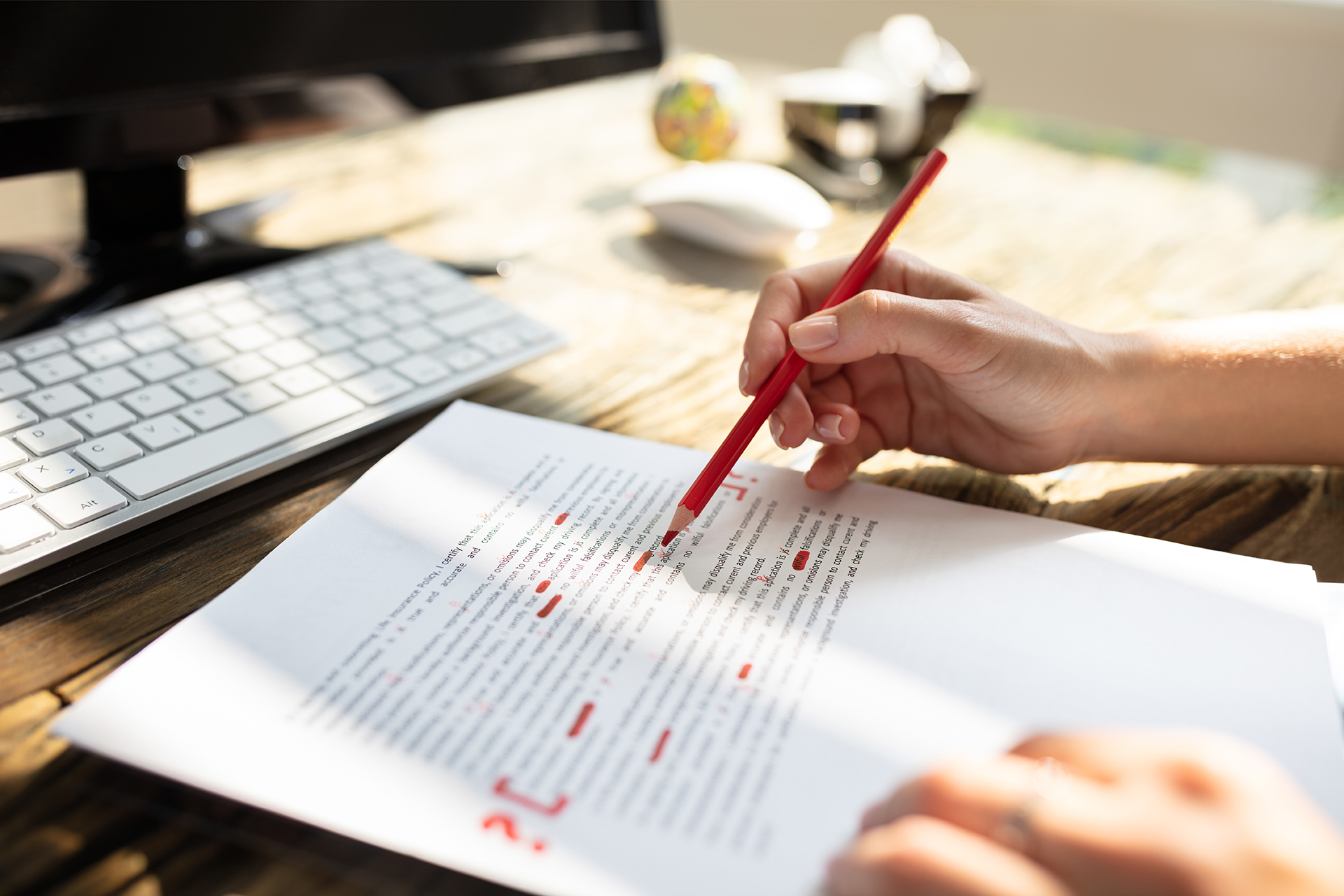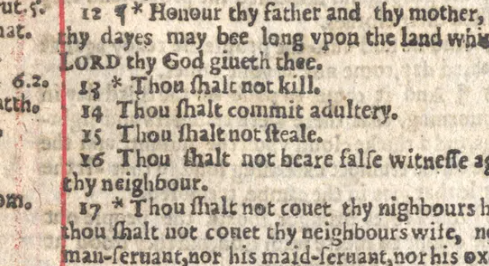Proofreading is one of the final steps that writers go through before their work is published. Proofreaders are valuable to writers and publishers alike. This is because they comb carefully through a writer’s work to find any errors, before the public gets to read it.
Errors can damage your reputation. If your work goes out to the public with mistakes and inconsistencies, it can send a message of a lack of care and attention, lack of professionalism. In personal correspondence, typos can suggest a low level of intelligence. It can even damage existing, loyal relationships.
According to University of Sheffield psychologist Tom Stafford, we can be blind to typos, particularly our own, no matter how careful our proofreading. This isn’t necessarily because of stupidity or carelessness: it’s because of the way our brains work.
Our brains are not designed to catch every detail of high-level tasks. Rather it generalises simple component parts, so it can focus on more complex tasks. As Stafford explains: “We take in sensory information and combine it with what we expect, and we extract meaning.”
When we write, and thereafter proofread our own work, we are already aware of the meaning we want to convey. Therefore, we expect it to be there; and don’t always notice when it’s not.



